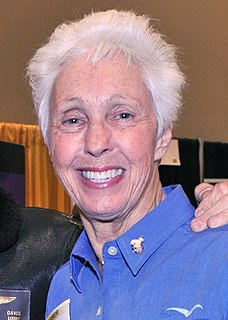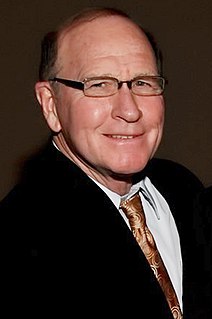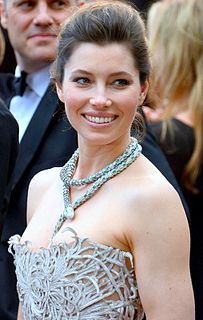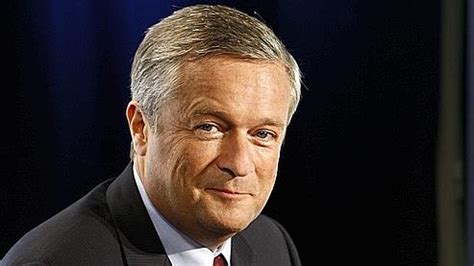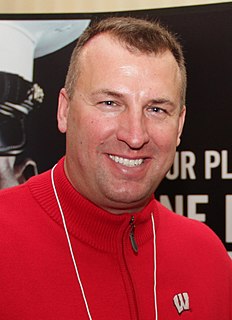A Quote by Wally Funk
A skiing accident got me into all this. Since I was a physical education major and this limited by physical activity. I took up flying.
Related Quotes
I didn’t get her cutting at all. She’d done it sporadically, ever since the accident and it scared me each time. She'd try to explain it to me, how she didn't want to die—she just needed to get it out somehow. She felt so much emotionally, she would say, that a physical outlet—physical pain—was the only way to make the internal pain go away. It was the only way she could control it.
Nearly everybody nowadays accepts the 'causal completeness of physics' - every physical event (or at least its probability) has a full physical cause. This leaves no room for non-physical things to make a causal difference to physical effects. But it would be absurd to deny that thoughts and feelings (and population movements and economic depressions . . .) cause physical effects. So they must be physical things.
What we need to do now is recognize that it is the sum total of human ingenuity that is responsible for the epidemics of chronic disease. Throughout most of human history, calories were scarce and hard to get, and physical activity unavoidable. Calories are now abundant, and physical activity is hard to get. We took an unstable, uncertain food supply and fixed it. What now passes as exercise and requires specialized footwear used to be called "survival." You had to do it. Now you never have to do it. We solved it too well. Now we don't need our muscles for anything.
We're not in the physical world. The physical world is in us. We create the physical world when we perceive it, when we observe it. And also we create this experience in our imagination. And when I say "we," I don't mean the physical body or the brain, but a deeper domain of consciousness which conceives, governs, constructs and actually becomes everything that we call physical reality.
The soul is not a physical entity, but instead refers to everything about us that is not physical - our values, memories, identity, sense of humor. Since the soul represents the parts of the human being that are not physical, it cannot get sick, it cannot die, it cannot disappear. In short, the soul is immortal.
